About how the old systems of government are in conflict with the global Internet and the globalization of information, about letters of happiness and government on the phone.
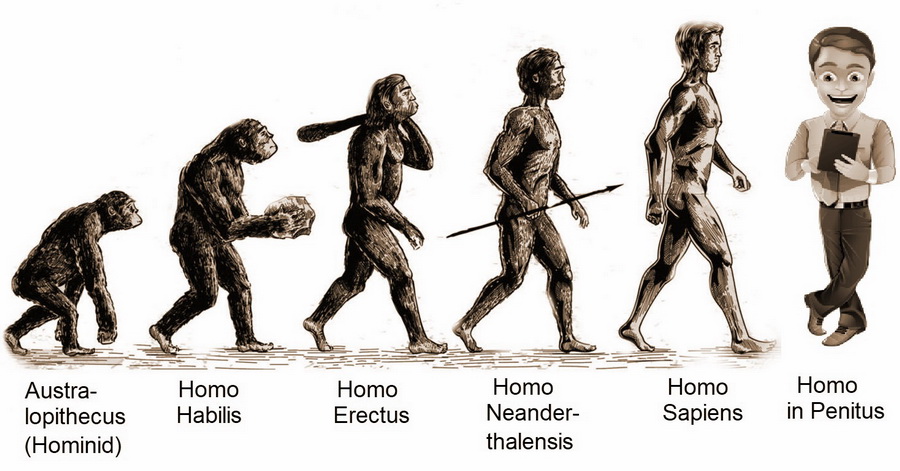
We live in states whose statutory documents were created in the absence of instant messages between groups of citizens. Consider what happened earlier around the world, when disgruntled citizens gathered in groups and discussed the actions of their governments. It doesn't matter what these groups were called. Even if these were hobby groups, but they, according to the authorities, threatened its existence, they were immediately outlawed. In places of greatest social outrage, restrictive measures were introduced, such as the order “not to gather more than three”, reinforced police squads began to patrol the streets, and pro-government civic organizations were recruited as a reserve. It was always and everywhere, and there is no one to blame for this, because the Constitution of any country states that the protection of the state system is one of the main tasks of any government. These measures turned out to be enough to localize and eliminate the centers of dissent. It was successful if the authorities could rely on their security structures, of course, otherwise the state ceased to exist.
Founder Facebook Mark Zuckerberg has come under political pressure from the government but never spoke about it in such terms.
This was until the planet was covered by the Internet, and governments ceased to keep up with technological progress, they lost the opportunity to “ride the wave” and lead the process. We can talk about this lag, if only because the old methods are being adopted to solve the typical task of the state of “creating security”. Such as sending letters from law enforcement officers to private organizations demanding to share information about clients without a court decision, without a legal basis, counting on the fear of the company's management of possible sanctions in the future. Some companies cannot withstand the pressure and violate the law (on the protection of personal data information), others publish letters from law enforcement agencies on open-access resources and are preparing to repel an administrative retaliatory strike. Recently posted Facebook, Google and Microsoft emails are prime examples. If you read the contents of these letters, then all the arguments are dominated by “concern” about “state security” and a request to share information about your users, their actions, location, etc. This 'concern' is not easy to fight off. It is necessary to clarify that from the point of view of law as such, such requests would have legal force only with the approval of the court within the framework of the investigation of a specific criminal case, therefore, we can only talk about pressure, and not legal requirements. Conditional “state security” has become the only argument by which modern governments can counter the impact of advances in information dissemination that they cannot control by technical means. These are rather rough, even somewhere brutal measures, which speak only of the inability of the old power structures to new trends. Similar processes are taking place in our country, and I still do not understand why it is possible to combat threats to the security of citizens only by limiting their capabilities. For that matter, no one is stopping the government from developing a conditional 'mobile policeman' application, with which a citizen concerned about his safety could send a statement to law enforcement agencies or just a message about a suspicious event in a couple of clicks. Such an application will require system integration with Android and iOS, but this must be done, because the current situation resembles a boiling kettle, ready to splash citizen discontent into the streets. Perhaps it is worth transferring part of the responsibility for their safety to the citizens themselves?
But it cannot be denied that crude methods are the most effective. In the modern world, it is difficult to gather “more than three” people in one place if they are connected only by correspondence in instant messengers, and they suddenly turn off the Internet. The modern epistolary culture on the web does not imply communication so close that the participants know about each other such details as home phone number or postal (physical) address. And for this reason, most conspiracies, riots and other modern revolutions can be stopped simply by pulling down the switch that turns off the Internet. We observe something similar during the riots in Hong Kong and in another, little-known to us, conflict in India, not foreign to us.
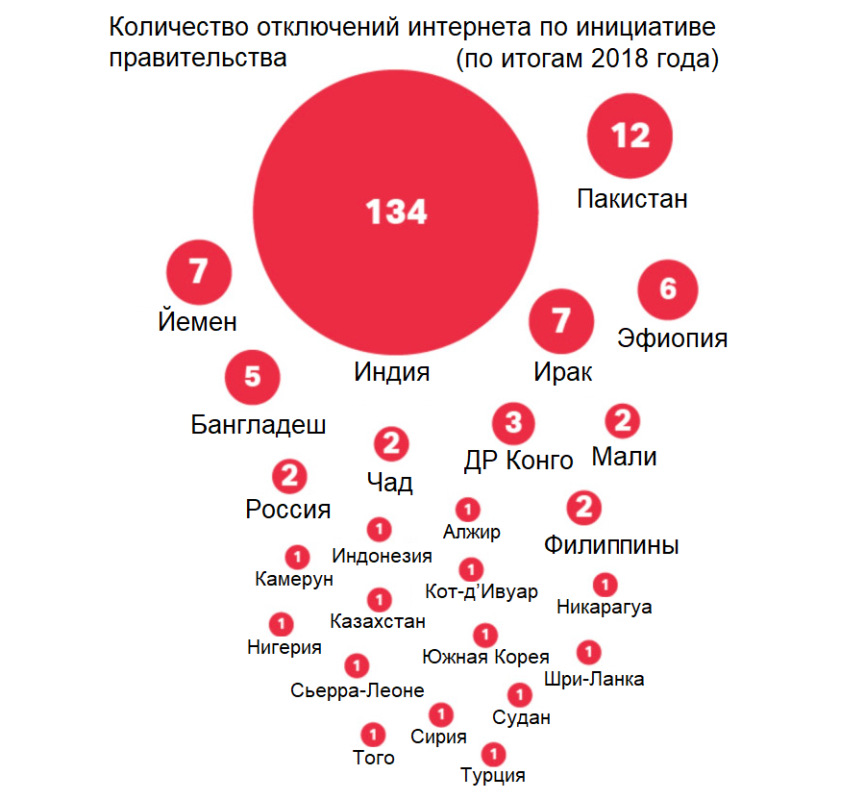
Two cases of Internet disconnection in Russia. The first case was considered an attempt to block Telegram, the second was of a local nature during the pacification of the disaffected in Ingushetia. Access Now data.
Going a little deeper, internet outages in local areas have accompanied most of the civil conflicts in recent years, according to a report by Access Now, a non-profit human rights organization. In those cases where this did not happen, the civil conflict got out of control, the blood of innocents was shed (from both sides) and shops were looted.
We will not assess the conflicts themselves, because in each of them there are at least two points of view, but rather we will speculate about why the presence of the Internet aggravates them, and does not resolve them. To do this, you need to answer several questions:
- Are there enough means of communication at the hands of citizens for self-organization?
- Can governments quickly and effectively address the problems of their citizens?
- Can Internet technology help resolve differences between different social groups and authorities?
one.
At the end of October 2019, the planet's Internet population is at least 4.479 billion active Internet users, according to Statista.com.
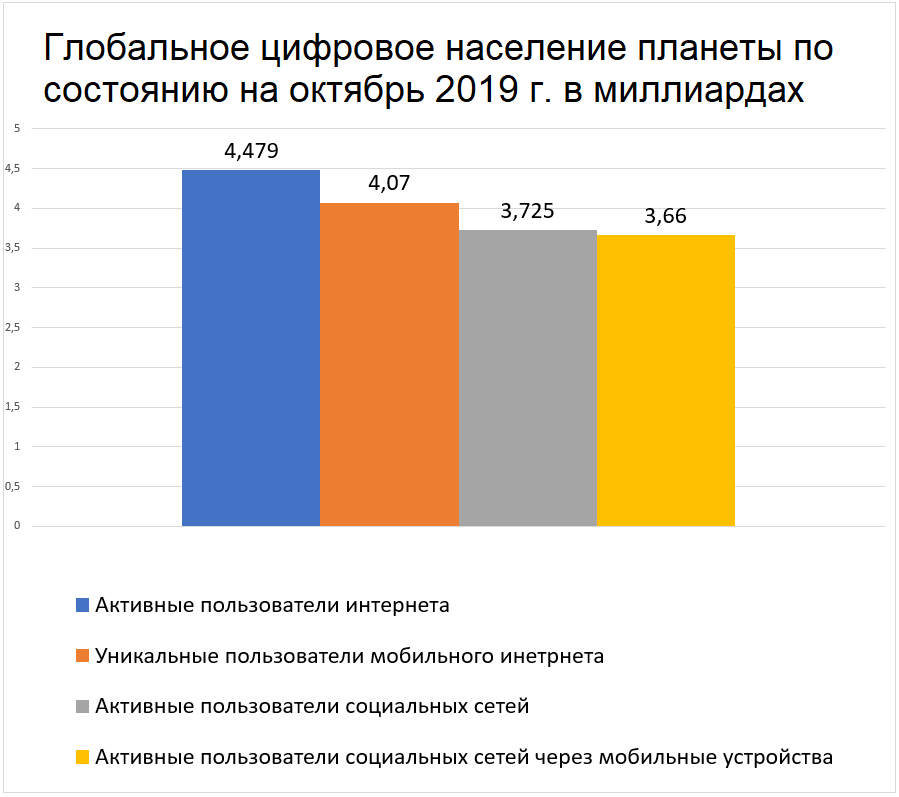
Considering the total population of the Earth, which currently stands at 7.76 billion people, we can say that at least every second Homo sapiens actively uses the network.
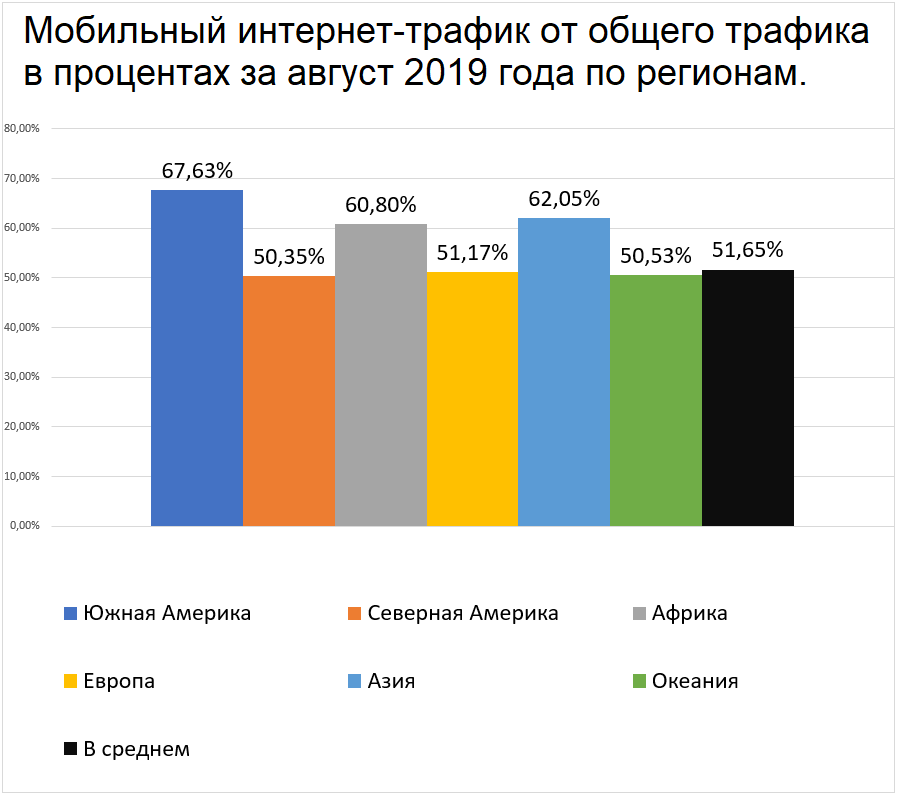
An all-time internet is essential to building a like-minded organization, and therefore mobile internet is critical. The average share of mobile connections globally is 51.65% (as of August 2019) and will only grow over time. These data unambiguously show that individuals have enough means of communication to solve any global problem, if they could find a common language and goal.
2.
Before answering the second question, I propose to look at the issue of communications from an unexpected point of view, which I see as important. Don't you think, my friends, that in the pre-Internet era, the state media played the role of information mediator between citizens? It doesn't matter what our ancestors read, the Trud newspaper or the Ogonyok magazine, in any case, the news feed was created by the state to solve internal problems. The person did not have the opportunity to check the information or create his own topic for discussion in the newspaper – all that we have now. Without free access to any information, the average citizen was forced to read and discuss what was offered to him. If someone thinks that this only concerned the USSR, then I recommend reading American newspapers of the McCarthy era, you will find a lot in common. Nowadays, the situation is fundamentally different, an ordinary person can bring a really important problem into the sphere of discussion at the state level or create a petition, which, in the case of widespread support from ordinary people, will lead to a positive solution to a sore point. But to what extent is the state ready to promptly respond to the demands of the 'lower classes'? Alas, if you start talking about this topic, then at the end of the logical chains there will be two results. The first result will be the assertion that the solution to the problem (of an individual or a group of individuals) depends to a large extent on a particular bureaucrat, and the second result will be that the world is changing faster than the change of elected officials who create laws. And the qualifications of these persons do not always correspond to the tasks set.
3.
And yet, in recent years, in our country and throughout the rest of the world, there has been a transition to the so-called 'digital' state structure, or 'digital economy'. The human factor has already been excluded from the simplest services that power provides to citizens. We can remotely make an appointment at the clinic both through websites and using a mobile application (example), pay state fees and register various forms of ownership, track our bus in the Smart City system, write letters to officials in electronic receptions and receive answers . In the future, it is necessary to switch to a remote solution to more complex requests of citizens, which include not one-step operations for obtaining services, but operations of any complexity. The most obvious way to solve this problem is to create an application for each life case or one universal application. I will give an example, so as not to be unfounded – a person wants to build a house. Having entered the application of the same name (or the corresponding section of the general application), a citizen must receive a map with available land (according to the cadastre), poke a finger in the place he likes and instantly receive all the necessary services from both the state and commercial structures.
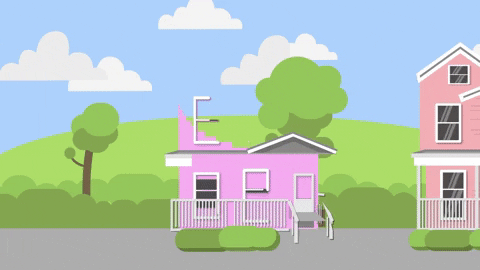
Animation giphy.com
After this 'click', a template with the boundaries of the site should be offered, a list of construction companies / contractors officially registered in the area, projects of residential buildings approved by architectural bureaus, and finally an invoice. In the case of resolving civil conflicts or conflicts of the “citizens against the state” type, you need not an application, but a manifestation of interest in the services that the state can already provide. For a start, it is worth contacting the direct management of the official, and in case of refusal – to the reception of the president or the State Duma of the Russian Federation, if someone believes that his rights have been violated by the laws themselves, and not by the executive branch. But within the framework of information progress, such a system seems inert, ineffective and even morally obsolete. Obviously, in the conditions of total communication of all members of society, there is no need for the existence of elected leaders, whose appearance was caused by the fact that the decision-making center could not instantly interview the maximum number of citizens. No matter how resisted mankind, its individual parts and conglomerates, the result will be the same, and it will be called “every deputy for himself,” and the place of the current structure should be taken by a council of psychiatrists in order to weed out the absolutely delusional ideas of citizens. This is a long and difficult path, but the first steps must be taken now, and it is worth starting by expressing your opinion on this matter in the comments.
Returning to the question posed “can the Internet solve differences and conflicts”, the answer is yes. To do this, you just need not to hide them, cover them in the media and put them up for public discussion, strictly adhere to the letter of the law.
Instead of a conclusion
The world is changing rapidly, but not everyone can keep up with it. Mexico has begun mass production of 3D printed residential buildings, and all the world's media are savoring the news. For two years now, the corresponding equipment has been produced in Russia, and samples have been shown to the public, but the technology has not “fired” on the domestic construction market. Maybe because an almost eternal one-story house made of porous warm concrete is much cheaper (10 times, according to various estimates) than a traditional brick house?

Russian construction 3D printer 'AMT' S-6044 LONG2 at work.
Or is the problem in the legal framework (there are no relevant regulatory documents)? Or does the principle of competition simply not work? In any case, this is an example of the inability of the old system of government to quickly change the working conditions of industries and, as a result, 'do good' for its citizens.
Do you think that publicity of all processes in the country can solve its problems? Or does salvation lie in hushing up problems in the hope that everything will “resolve itself”? Or do these problems not exist?


